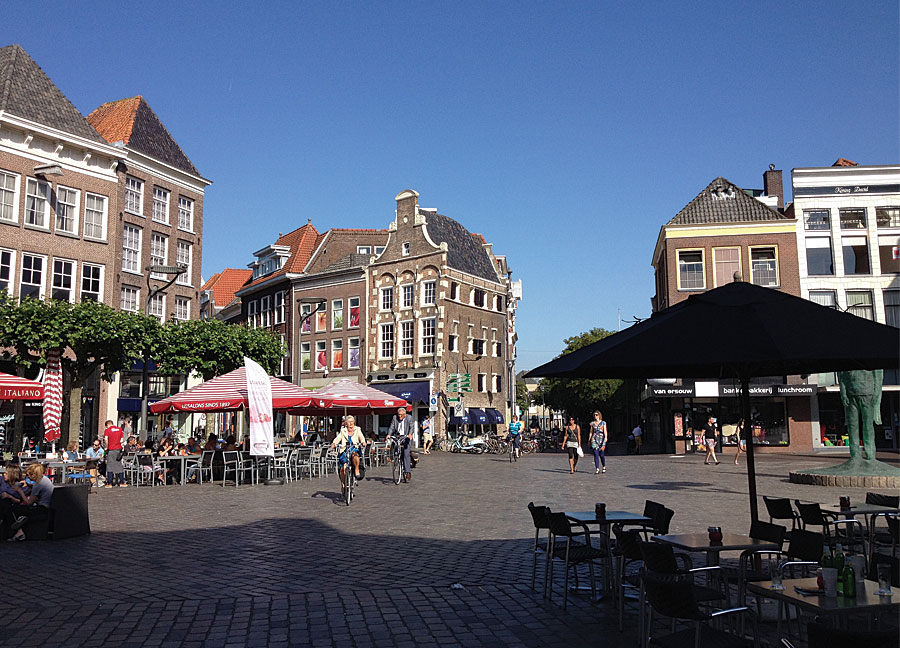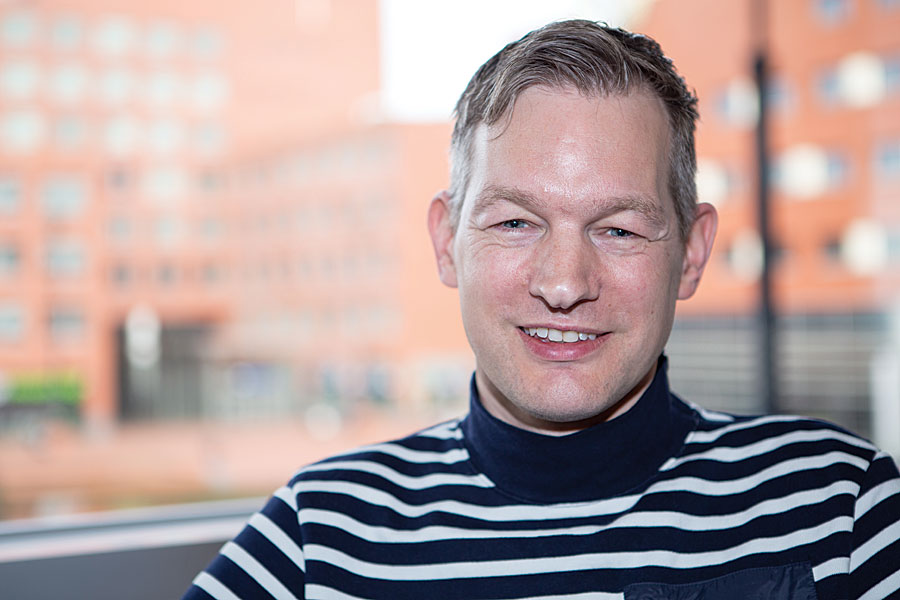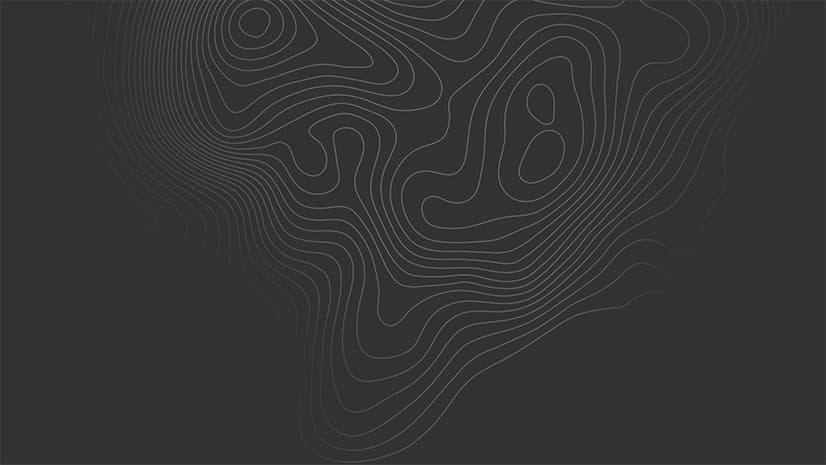This article was contributed by Esri Nederland B.V.
In 2016, the municipality of Zwolle was voted the “smartest city” in the Netherlands by Slimste Binnenstad, a platform for the Smart Cities initiative in the Netherlands. Zwolle, which competed against cities such as Utrecht and Roosendaal, won in the Vision category by ranking at the top of more than 50 cities based on International Organization for Standardization (ISO) indicators of city services and quality of life.

The board for the Dutch municipality of Zwolle originally instituted the “Smart Zwolle” project to make the city a more attractive place to live. With a population of 125,000, Zwolle is the capital city of Overijssel.
“Zwolle is always on the lookout for ways to improve the city,” said Marcel Broekhaar, Zwolle’s geoinformation officer for the last 10 years. “But the same applies to us as to other cities—bigger challenges and less funding. That’s why we have to be smart with the information that is available.” In his daily work, Broekhaar optimizes the use of ArcGIS by the city as well as performing geospatial tasks as part of Zwolle’s Search and Statistics department.
As part of its quest to become a smart community, the city wanted to utilize big data to respond more effectively to important policy issues. ArcGIS offered a way to accomplish this goal. City departments were already using information supplied in maps to accomplish daily tasks. “The ArcGIS platform integrates information with other data. It is the link between all data and expertise,” said Broekhaar.
Zwolle used King’s Day in 2016 as an opportunity to gather a lot of sensor data generated by holiday crowds. King’s Day [Koningsdag] is an important national holiday in the Netherlands that celebrates the birth of Willem-Alexander Claus George Ferdinand, the king of the Netherlands.
“When there are a lot of people walking around, you can use sensors to discover the visitor flows, where there is congestion, and where people park their cars or bicycles. This is incredibly useful information,” said Broekhaar.
The Smart Traffic Management Urban Traffic Data Hack encouraged the creation of apps and services that used the big data collected by the city on King’s Day to enhance the accessibility and hospitality of Zwolle. Students and consultants participated in the 24-hour-long hackathon that was held May 21 to 22, 2016. The event generated many revelations and several apps.
The event was part of the Smart Zwolle initiative in collaboration with Better Utilization Zwolle and Kampen Data Science Amsterdam/Zwolle (DSA). DSA is a nonprofit professional organization dedicated to the free, open dissemination of data science to improve government efficiency, health care, and law enforcement and promote innovation in business and science.
To come up with even more ways that the data collected and analyzed could be used to help the city achieve its Smart Zwolle goals, another event was held. Technicians and entrepreneurs were challenged to develop technically feasible and commercially viable use cases that used Internet of Things (IoT) connectivity via a public LoRaWAN network. [A media access control (MAC) protocol for wide area networks, LoRaWAN was designed to allow low-powered devices to communicate with Internet-connected applications over long-range wireless connections.]

During the event, stakeholders had an opportunity to exchange knowledge. This hackathon produced several apps, including a smart postbox, dementia warning system, and an event app that shows visitors the least congested routes to an event. It gave real-time information on the fastest routes, which were not necessarily the shortest, as well as efficiently guiding visitors to parking.
Broekhaar is very enthusiastic about these efforts with various partners to meet the Smart Zwolle goals to make it a better city. He strongly supports using data to organize and build cities in a smarter way.
“The most important thing is to establish connections. Everyone wants something smart, and everyone is trying to find their own way to achieve it. Work out your common interests and work together,” said Broekhaar. “Create a network and participate in it. Take initiative and have courage, as only then can ideas be put into practice.”

